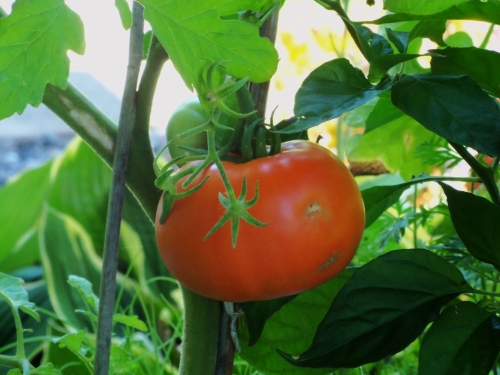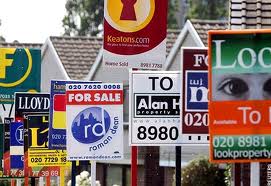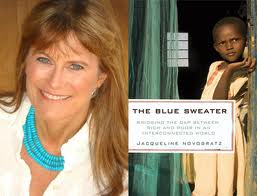
This article from U.S. News and World Report and this article in Yahoo News both detail new research that shows eating a healthy or nutritious diet is a luxury the poor can’t afford. But access to healthy food is a HUMAN RIGHT.
Keep in mind we subsidize poor eating options (or bad-for-you food) by subsidizing (meaning we give U.S. tax dollars to) corn mega-farmers. This means we are, therefore, subsidizing all businesses that use corn or corn related products such as corn oil, flavorings, flours, syrups and corn animal feeds.
In effect we subsidize soda pops, chicken, beef, corn oil, a myriad of processed food ingredients, restaurants that serve chicken, beef, soda and companies that make foods like corn chips and cereal (can your say Coca Cola, Kraft, McDonald’s and General Foods?). Big business tries to use corn ingredients because corn-based ingredients are cheaper for them to buy.
Dairy farms that feed corn to cows are also subsidized, meaning cheeses, milk, yogurt, eggs and other dairy products are cheaper due to our tax subsidies.
But we could subsidize healthy food. Why don’t we demand subsidies for fruits and vegetables instead?
Similarly, OUR subsidies put farmers in other countries – those whose governments don’t subsidize their produce – out of business. Think about farmers in Mexico and Central America who come north looking for work after our subsidy policies have put them out of business.
When I was in Juarez, Mexico – I actually saw stacks of produce crates at the market stamped “U.S.A.” They were being sold for prices cheaper than Mexican farmers could grow it. We put them out of business in a predatory way. This is what is meant by “economic terrorism.”
People migrate north then – because they can’t feed themselves using their own agricultural products – thanks to us.
In 2006, I spoke with a young couple getting preparing to cross the border. They had a 2-year old child. I asked, “Why would you take a small child on such a dangerous trip?” He said simply, “If we stay here we starve.”
While we have a right to protect our borders, all rights are NOT created equal. Every person has an even higher right, which is to protect his or her own life.
The next time you open your refrigerator and assume food will be inside — realize that this is not true for most of the world’s population. You are rich by their standards. And remember that access to healthy food, like clean water and clean air, is a human right.
You may also like “Fresh – The Movie,” Are We So Different? and What Can You and I Do?


